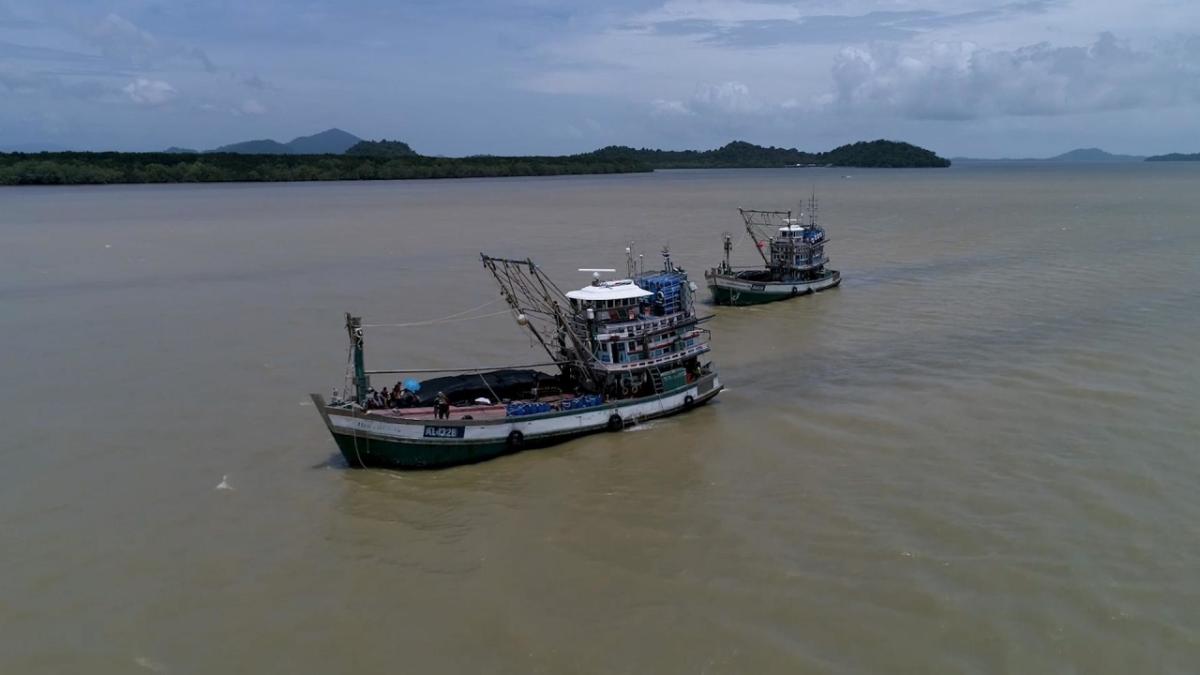Three Ways Business Leaders Can Advance Human Rights
By Nigyar Makhmudova

Originally published on LinkedIn
I was inspired this week when I attended the Consumer Goods Forum Global Summit with other FMCG leaders in Singapore.
I saw how determined these leaders are to advance human rights.
As business leaders, we know that the actions we take today help determine whether or not the world will be a better place tomorrow.
Savvy business leaders use at least three approaches to help advance human rights:
- Inspire and unleash the positive energy that is in all people
- Connect the cause to universal values
- Engage others and drive change together
Many are aware of the challenges in the fish supply chain in Thailand where the risk of forced labor and other human rights issues are relevant across the sector. In late August, 2016, we launched an Action Plan to guide our efforts as we seek to advance respect for human rights in our Thai fish supply chain. We have operated in Thailand since 1994. We are investing by building a new factory and R&D facility in Thailand. We believe strongly that Thailand has a bright future, and we are thrilled to be a part of that future.
Grant Reid, President of Mars, Incorporated, spoke powerfully on the topic of forced labor at the Global Forum on Responsible Recruitment and Employment this week in Singapore – an event co-sponsored by CGF and the Institute on Human Rights and Business. Grant called for businesses around the world to step-up their efforts on forced labor:
“Two years ago, The Consumer Goods Forum issued our global resolution to fight forced labour. We remain steadfast in this commitment, and this is a Call to Action to accelerate the tangible steps we are taking as an industry, matching our commitment with concrete results and improvements in the lives of vulnerable people. We need to increase the pace of change on this critical issue”.
Mars alone cannot solve human rights challenges. It takes a team effort. That is why we’re committed to joining with other stakeholders. And, it is why economic investments aren’t the only ones we’re making in Thailand. In keeping with our conviction that what we do today can make the world a better place tomorrow, we are taking steps to understand the relevant human rights issues in our fish supply chain and, where relevant, to play a proactive and collaborative role in addressing them.
I visited Thailand last year to learn more about these issues and to help play some small role in catalyzing positive change. While there, I met with our Mars team to discuss our human rights approaches and I also met with our counterparts in the Royal Thai Government who are working to proactively address this challenge. I was pleased to learn that the Royal Thai Government is prioritizing urgent action to protect vulnerable workers in this industry. My visit confirmed: the greatest resource we can tap is people. When people come together to do good, there is an unstoppable momentum that builds. Creating this momentum by inspiring and unleashing the positive energy in people is the single most important thing we can do as leaders.
We can do it, in part, by connecting with each other on the basis of shared values. Humans all over the world instinctively know what it means to treat each other with care. It’s knowledge we have to draw on as we work to make the world a better place.
Of course, we can’t be so naive to believe that emotional connectedness will sustainably solve the issues we face. Ronald Reagan famously said, “Trust, but verify,” which, by the way, was originally a Russian proverb, “Doveryai, no proveryai.” It’s a proverb we too must follow. That’s why we have invested in experts, both internally at Mars and with external partners who can help us to ensure we are making the positive impact we intend.
We must remember the old saying: If you want to go fast, go alone. If you want to go far, go in a group. When it comes to human rights, we need to do both. That can only happen if we effect a broad change. So, we need to engage everyone we can: Associates, suppliers, business partners, government and civil society stakeholders, and local communities. This is the approach we are taking to our work on human rights in the fish industry in Thailand. To follow our progress on this crucial issue, visit our website.
I hope our experience facing into this challenge can help to motivate others in our industry to do the same. Indeed, we must all face into these realities and ensure that we are part of the solution.
After all, making a better world is the ultimate “all hands” effort. Our reach as business leaders positions us to contribute in a special way. What an inspiring opportunity to make a difference!

